Optimal Timing for Waterproofing Applications
Waterproofing is a critical component in protecting structures from water intrusion and damage. The timing of waterproofing applications can significantly influence their effectiveness and longevity. Proper scheduling ensures optimal adhesion, curing, and performance of waterproofing materials, reducing the risk of future issues.
Spring offers moderate temperatures and increased humidity, ideal for many waterproofing projects. It allows sufficient curing time before summer heat or winter cold sets in.
Summer provides warm, dry conditions that facilitate rapid curing and application. However, high temperatures and direct sunlight require careful planning to prevent material degradation.
Fall is suitable due to cooler temperatures and lower humidity, reducing the risk of moisture-related issues during curing. It prepares structures for winter conditions.
Winter is generally less ideal due to freezing temperatures and snow. Waterproofing during cold months can lead to poor adhesion and incomplete curing unless specialized materials are used.
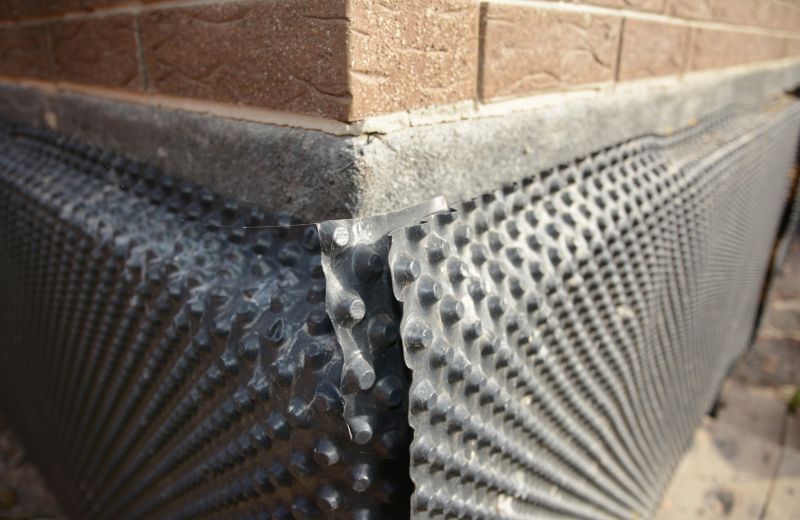
Ways to make Waterproofings work in tight or awkward layouts.
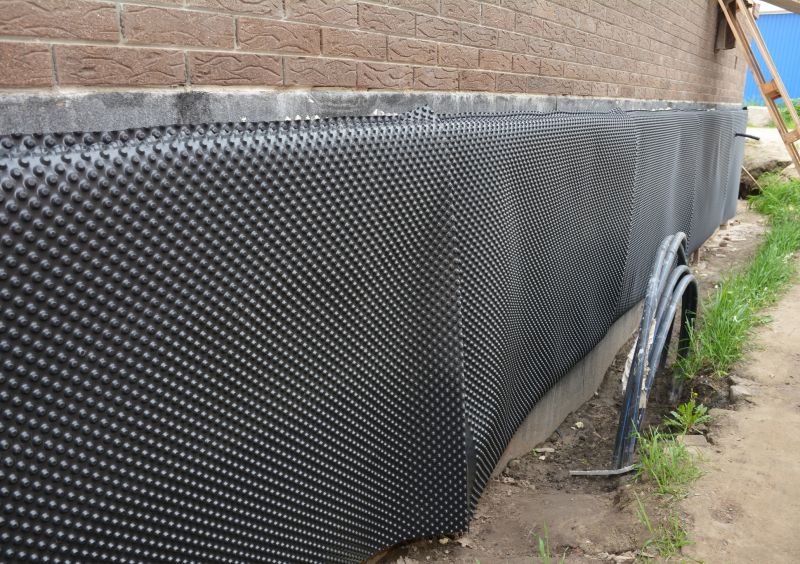
Popular materials for Waterproofings and why they hold up over time.
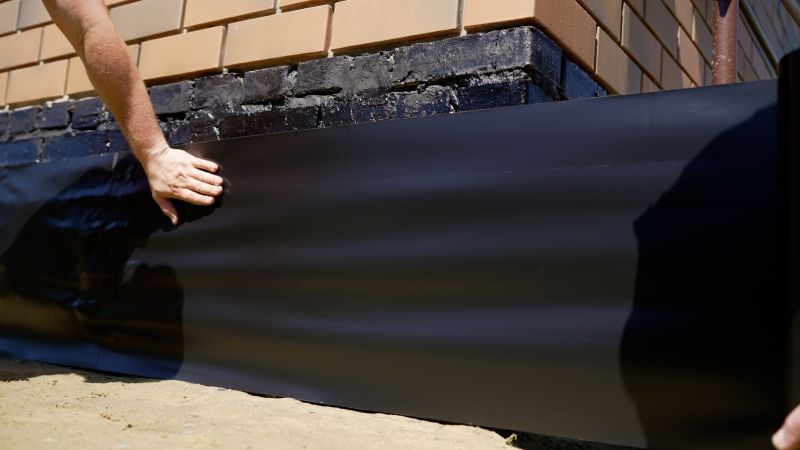
Simple add-ons that improve Waterproofings without blowing the budget.
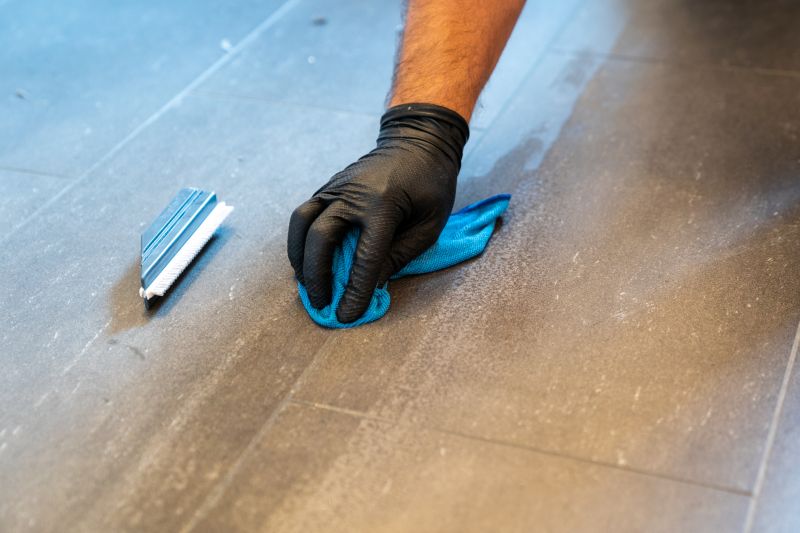
High-end options that actually feel worth it for Waterproofings.
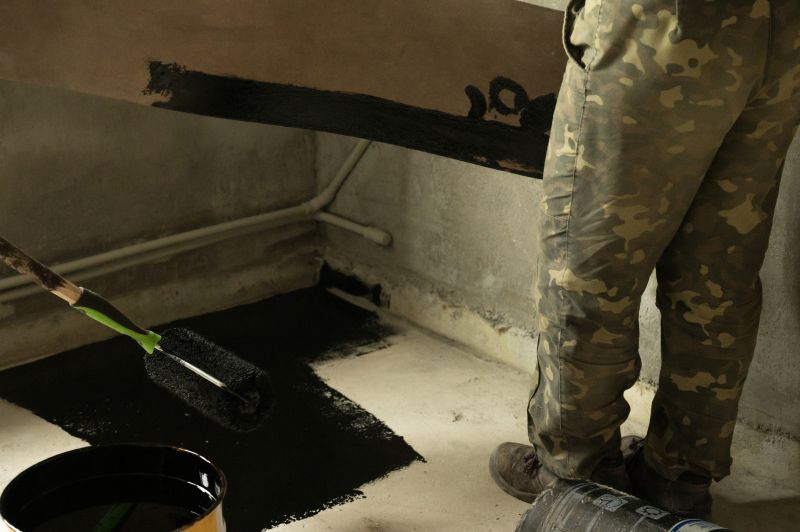
Finishes and colors that play nicely with Waterproofings.
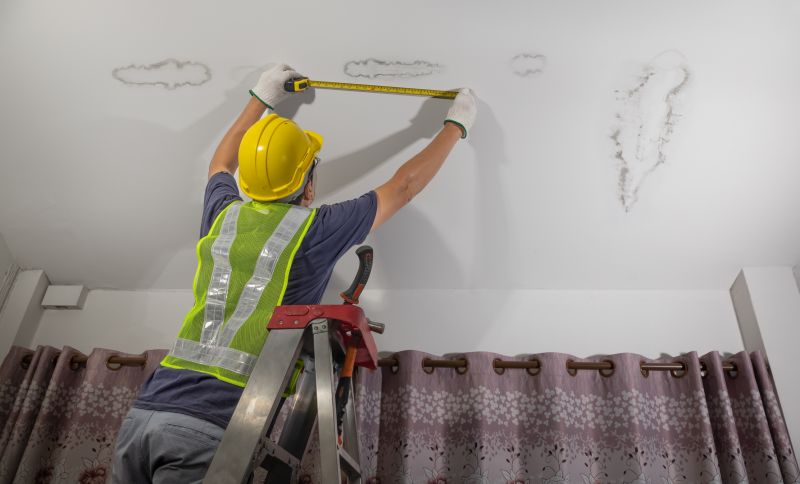
Little measurements that prevent headaches on Waterproofings day.
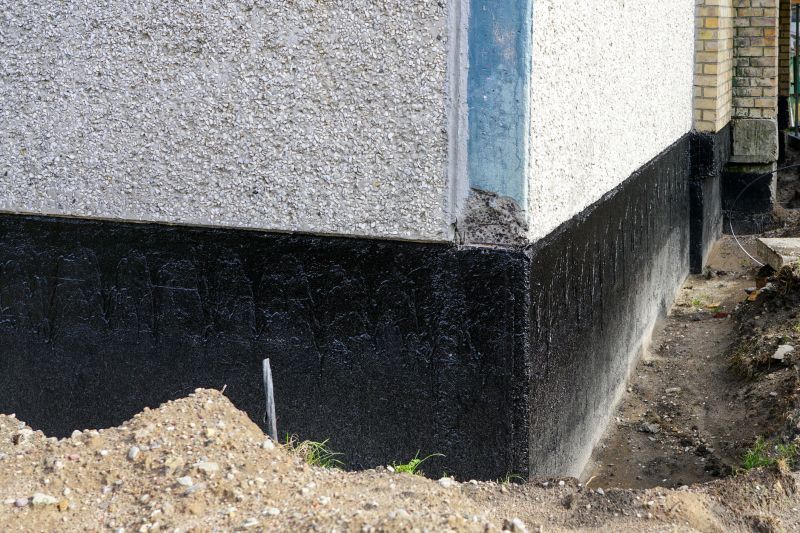
A 60-second routine that keeps Waterproofings looking new.
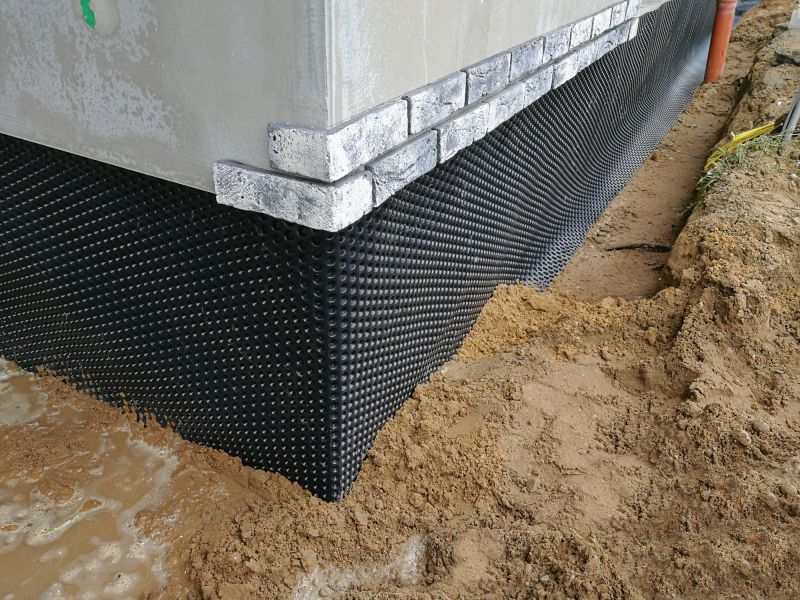
A frequent mistake in Waterproofings and how to dodge it.
| Season | Ideal Conditions |
|---|---|
| Spring | Moderate temperatures, high humidity |
| Summer | Warm, dry weather, caution for high heat |
| Fall | Cooler temperatures, lower humidity |
| Winter | Cold, freezing temperatures, generally unsuitable |
Waterproofings are essential for protecting foundations, roofs, basements, and other structural elements from water ingress. They help prevent issues such as mold growth, structural deterioration, and interior water damage. Advances in waterproofing materials have improved durability and ease of application, making timing increasingly important for optimal results.
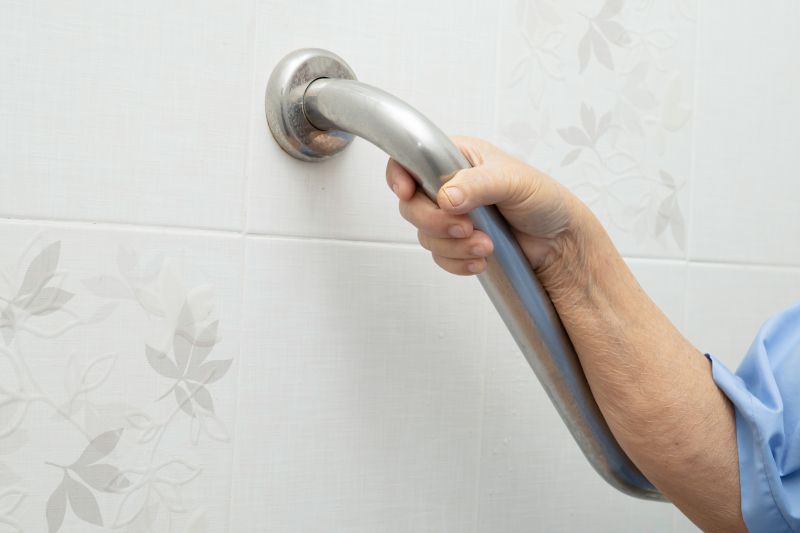
Small tweaks to make Waterproofings safer and easier to use.
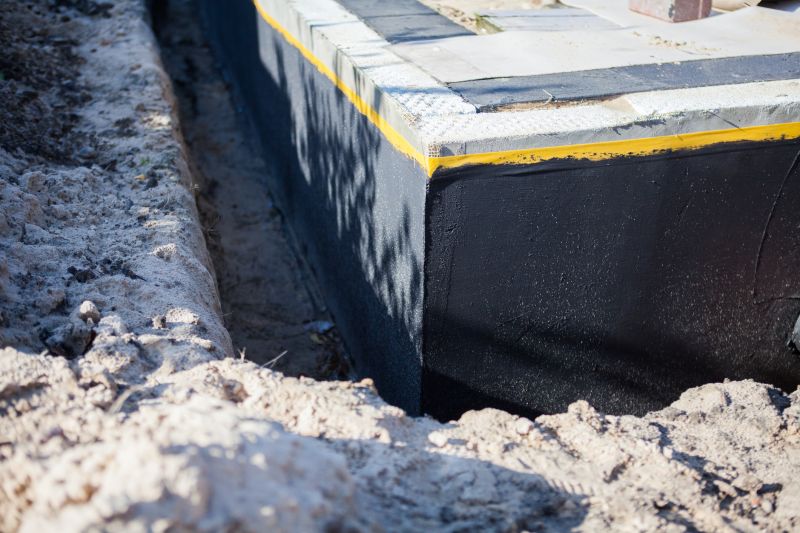
Lower-waste or water-saving choices for Waterproofings.
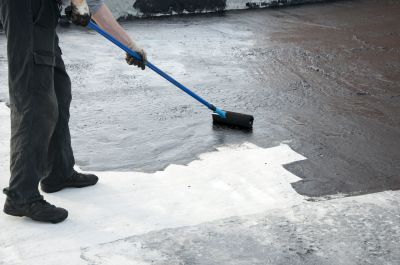
The short, realistic tool list for quality Waterproofings.
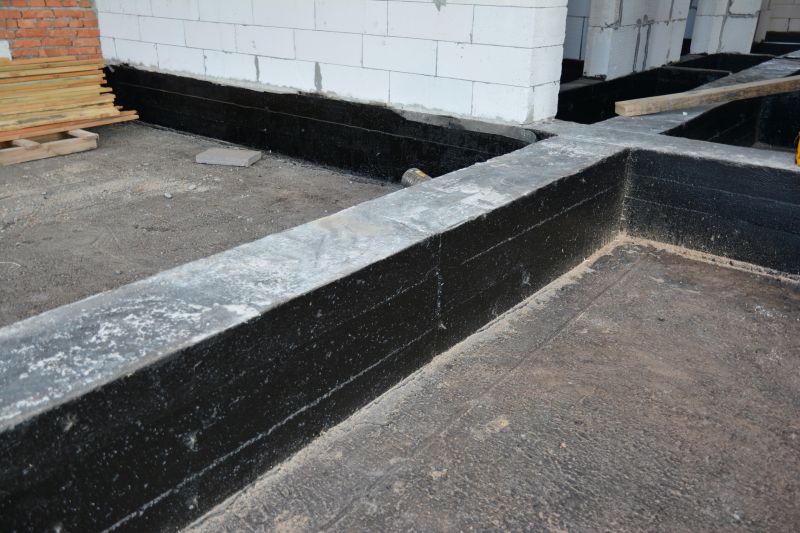
Rough timing from prep to clean-up for Waterproofings.
Choosing the right time for waterproofing can extend the lifespan of the application and ensure maximum protection. Proper planning around seasonal weather patterns minimizes risks associated with improper curing or material failure.
Contact professionals to determine the best schedule based on local climate and project specifics.
Ensure surfaces are clean, dry, and free of debris for optimal adhesion and performance.

